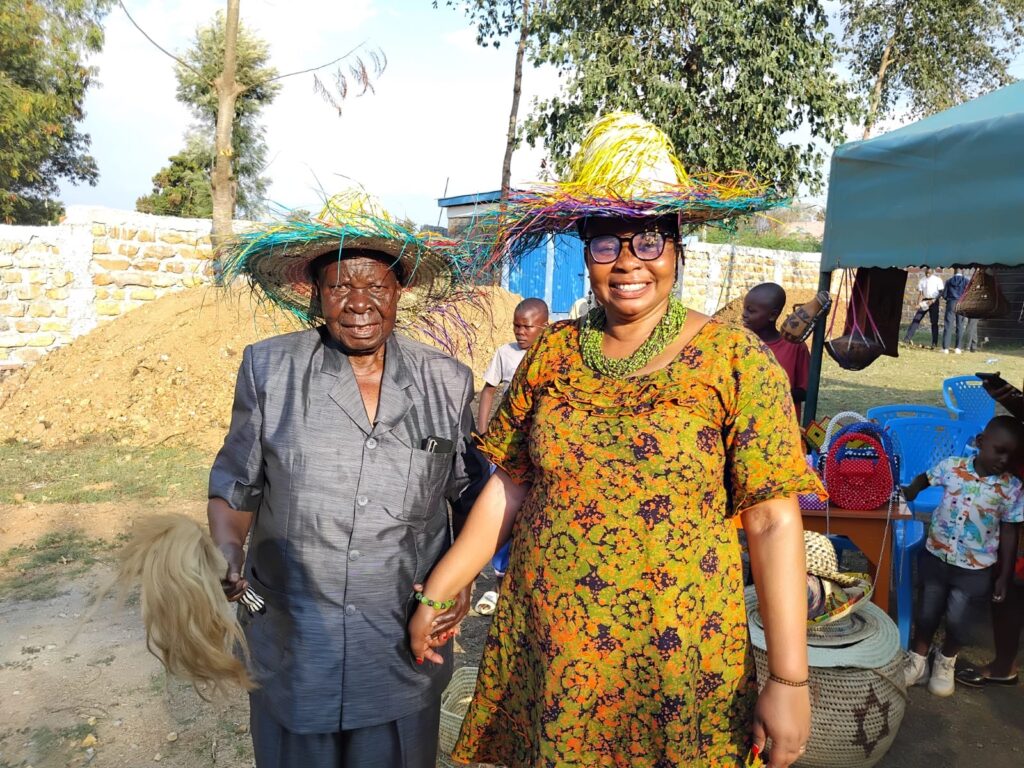In a world increasingly shaped by globalization, digital connectivity, and rapid social change, the concept of culture remains a powerful anchor—one that grounds individuals in a sense of belonging, purpose, and identity. Culture is not merely a collection of customs or traditions; it is the living, breathing framework through which people interpret their experiences, relate to others, and understand themselves. When embraced and nurtured, culture can be a profound source of psychological resilience, emotional strength, and holistic well-being.
The Architecture of Identity: Culture as a Blueprint
Cultural identity refers to the sense of belonging to a group that shares common elements such as language, values, beliefs, rituals, and history. It is formed through family, community, and societal influences, and evolves over time as individuals interact with their environment and the wider world.
This identity is not static—it’s dynamic and multifaceted. For example, a Kenyan entrepreneur might simultaneously identify with their ethnic heritage, national identity, professional community, and global digital culture. Each layer contributes to how they see themselves and how they navigate life’s challenges.
When individuals feel affirmed in their cultural identity, they experience a stronger sense of self-worth. This affirmation fosters pride, confidence, and emotional stability. It answers the fundamental question: “Who am I?”—not just in terms of personal traits, but in relation to a broader social and historical context.
Culture as a Source of Mental Well-being
Mental health is deeply intertwined with identity. People who feel disconnected from their cultural roots often report higher levels of anxiety, depression, and alienation. Conversely, those who maintain strong cultural ties tend to exhibit greater emotional resilience, self-esteem, and life satisfaction.
Here’s how culture actively supports mental well-being:
- Emotional Anchoring: Cultural rituals, stories, and symbols provide emotional grounding during times of stress or uncertainty.
- Social Support: Cultural communities offer networks of care, empathy, and shared experience—especially vital in moments of grief, transition, or celebration.
- Self-Reflection: Cultural narratives help individuals make sense of their personal journey, offering metaphors and models for growth, healing, and transformation.
- Spiritual Connection: Many cultures integrate spiritual practices that promote mindfulness, gratitude, and inner peace.
For immigrants or those navigating multicultural environments, the process of acculturation—adapting to a new culture while retaining elements of one’s original identity—can be both challenging and enriching. Studies show that individuals who successfully integrate multiple cultural identities often experience enhanced cognitive flexibility and emotional intelligence.
Culture and Physical Well-being: Beyond the Mind
Culture also influences physical health in subtle but powerful ways. Traditional diets, movement practices, and communal lifestyles often promote healthier habits. For instance:
- Nutrition: Cultural food traditions can encourage balanced, nutrient-rich eating—especially when rooted in local, seasonal ingredients.
- Activity: Dance, martial arts, and communal labor are culturally embedded forms of physical exercise.
- Rest and Rhythm: Cultural norms around rest, sleep, and work-life balance shape how individuals manage stress and recovery.
- Collective Care: In many cultures, caregiving is a shared responsibility, reducing isolation and enhancing overall health outcomes.
Moreover, cultural beliefs about health—whether rooted in indigenous medicine, holistic healing, or spiritual wellness—can complement biomedical approaches and offer more personalized, context-sensitive care.
Fostering Cultural Identity in a Globalized World
In today’s interconnected world, preserving and celebrating cultural identity requires intentional effort. Here are some ways individuals and communities can nurture cultural well-being:
- Education: Teaching cultural history, language, and values in schools and homes reinforces pride and continuity.
- Art and Expression: Music, dance, storytelling, and visual arts allow people to express and evolve their cultural identity.
- Intercultural Dialogue: Engaging with other cultures respectfully promotes mutual understanding and reduces prejudice.
- Digital Preservation: Online platforms can be used to document, share, and celebrate cultural practices—especially among diasporic communities.
Conclusion: Culture as a Compass for Wholeness
Culture is not just a backdrop to human life—it is a compass. It guides individuals toward a deeper understanding of themselves and their place in the world. When embraced with awareness and pride, culture fosters a positive sense of identity that strengthens mental health, enhances physical well-being, and promotes social harmony.
In a time when many feel adrift in the currents of change, culture offers roots. It reminds us that we are part of something larger—something rich, resilient, and profoundly human.
Whether you’re reconnecting with ancestral traditions, exploring new cultural landscapes, or creating hybrid identities that reflect your journey, know this: your culture is a source of strength. And in that strength lies the power to thrive.



Amazing